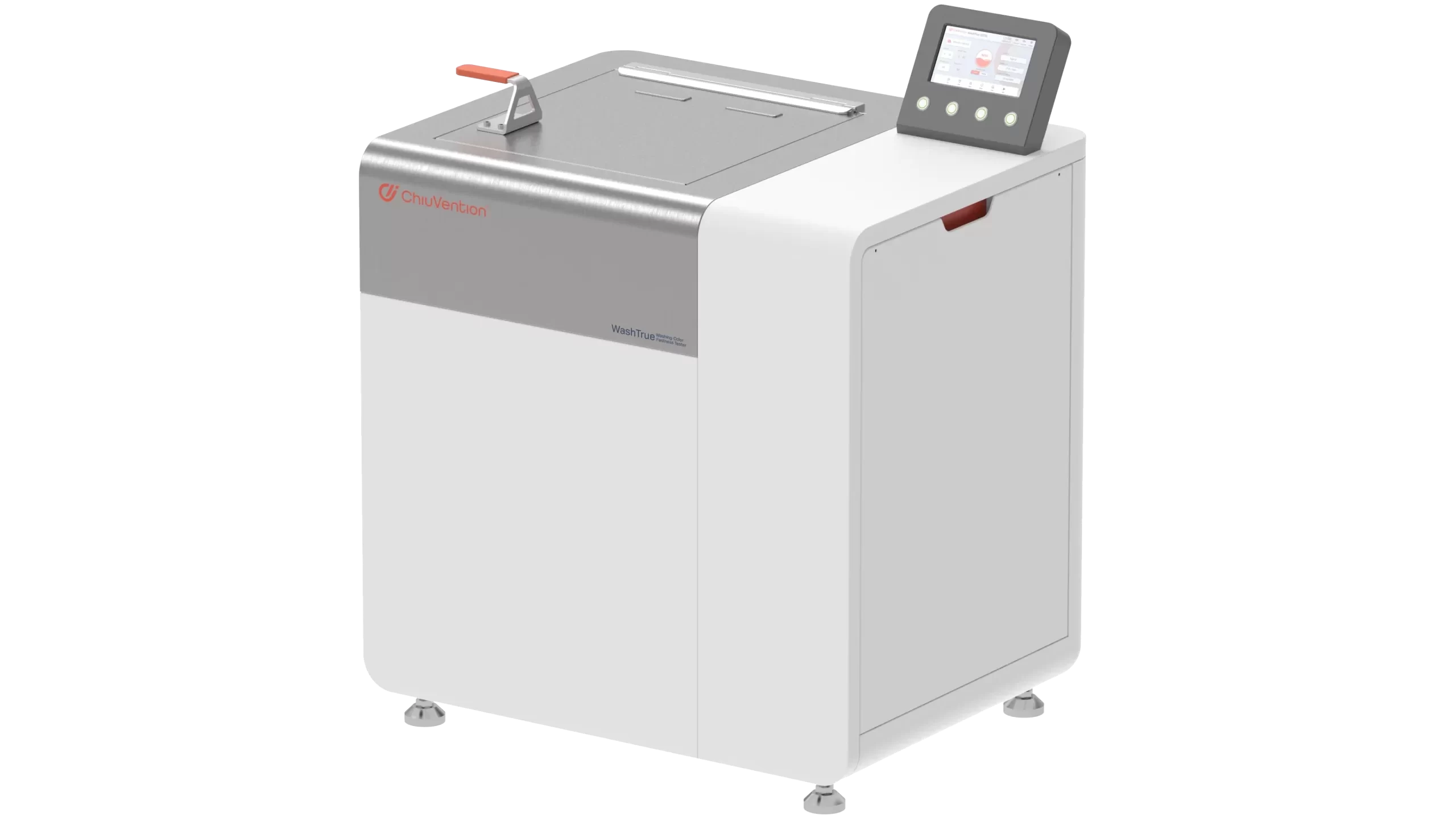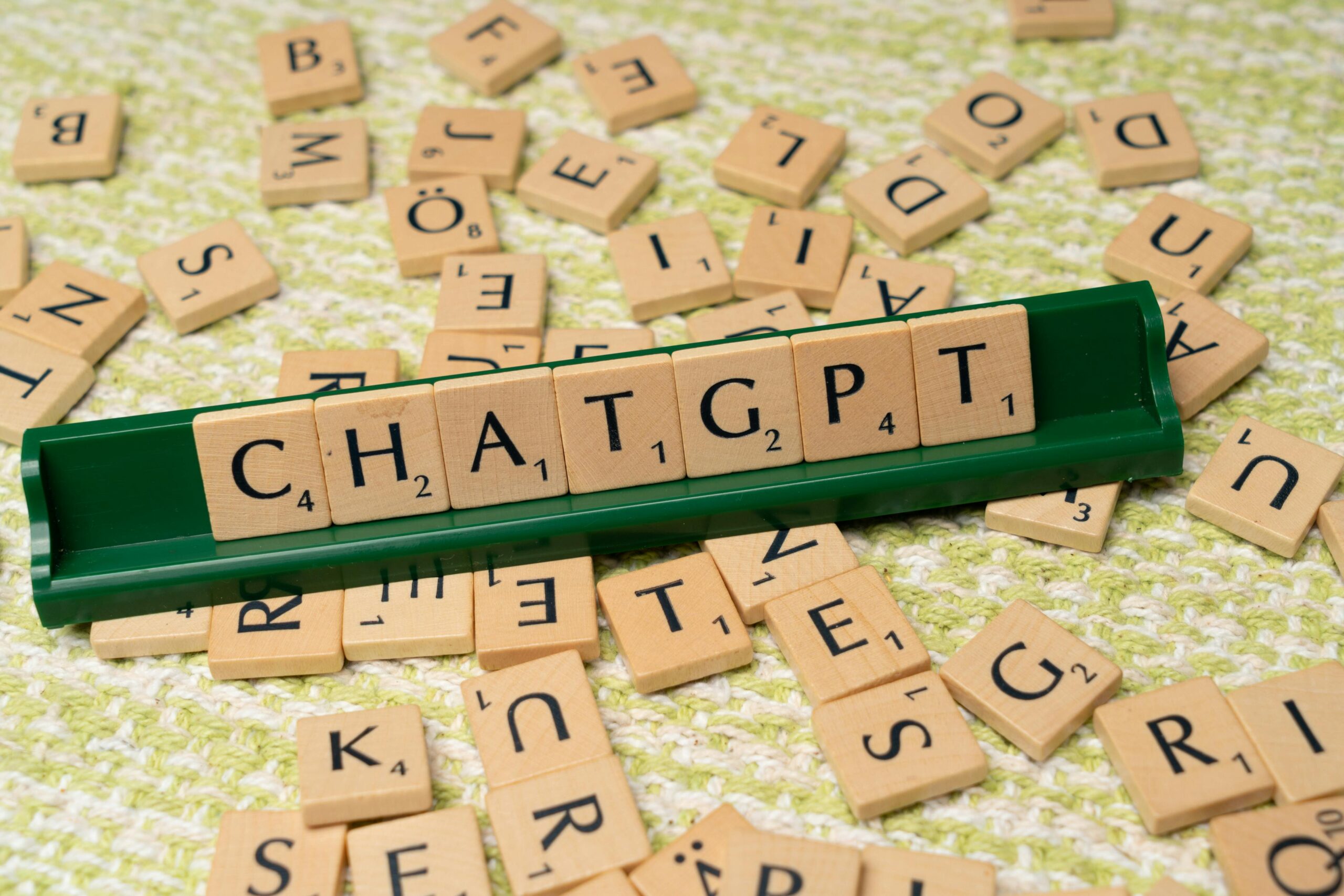In the textile and apparel industry, ensuring product durability and quality is essential to gaining customer trust and maintaining brand reputation. One of the most crucial aspects of fabric quality is wash fastness, which refers to a material’s resistance to fading or color bleeding after repeated laundering. To accurately evaluate this property, manufacturers and testing labs rely on a critical tool: the wash fastness tester.
This article explores the wash fastness tester price, the influencing factors behind its cost, its various industrial applications, and how testing procedures align with global standards like the Washing Fastness Standard AATCC.
What Is a Wash Fastness Tester?
A wash fastness tester — also known as a color fastness to washing tester — is a laboratory instrument designed to simulate household or industrial laundering processes. It subjects fabric samples to mechanical action, detergent solutions, and specific temperatures to assess how well a fabric retains its original color.
Different models of wash fastness testers are used worldwide in textile testing labs, garment factories, research institutions, and quality control centers. They can test not only textiles but also printed materials, dyed fabrics, and finished garments.
Importance of Wash Fastness Testing in the Textile Industry
Wash fastness testing is indispensable in product development and quality assurance processes. Poor wash fastness can lead to consumer dissatisfaction, high return rates, and reputational damage. Brands and manufacturers perform wash fastness testing to:
Ensure compliance with customer requirements and regulatory standards.
Enhance product lifespan and appearance.
Compare the performance of dyes, finishes, and chemical treatments.
Minimize production errors and rework.
Wash fastness Tester Price: What Determines the Cost?
The wash fastness tester price can vary significantly based on several core factors:
- Automation Level
Manual Testers: These basic models require manual control and offer limited features. Prices generally start from $1,000 to $3,000.
Semi-Automatic Models: Include digital timers, speed regulators, and temperature controls. Prices range from $3,000 to $6,000.
Fully Automatic Testers: Equipped with programmable settings, touchscreens, multi-position jars, and advanced control systems. These premium models can cost $7,000 to $20,000 or more.
- Number of Sample Holders (Jars or Pots)
Testers with more washing pots or holders allow simultaneous testing of multiple samples, increasing productivity. A model with 8–12 jars will cost more than a unit with 4–6 jars.
- Build Quality and Materials
High-grade stainless steel, corrosion-resistant coatings, and robust motors contribute to higher durability but also increase the price. Instruments from top brands typically prioritize long-term stability and low maintenance.
- Compliance with International Standards
Machines that are designed to strictly comply with ISO 105-C06, ISO 105-C08, or the Washing Fastness Standard AATCC may come at a premium due to the precision required.
- Brand and Country of Origin
Renowned brands such as SDL Atlas, James Heal, or ChiuVention offer reliable, high-performance testers at a premium. Meanwhile, machines from emerging manufacturers may offer lower-cost alternatives with fewer features.
- After-Sales Service and Warranty
Extended warranty periods, free installation, training, and global service networks also affect pricing.
Typical Price Range by Market Segment
Market SegmentTypical Price RangeAcademic & Research Labs$2,000 — $6,000Mid-Sized Garment Factories$5,000 — $10,000Third-Party Test Labs$10,000 — $20,000+
How to Choose the Right Wash Fastness Tester
When investing in a wash fastness tester, it’s important to assess your needs and testing volume. Here’s a quick checklist:
Testing Frequency: For high-frequency testing, choose a multi-jar, fully automatic model.
Types of Fabrics: Consider the substrates — cotton, polyester, blends — and choose a tester with appropriate protocols.
Compliance Requirements: If your customers demand certification, ensure the machine meets the Washing Fastness Standard AATCC and other international norms.
Budget: While budget is a factor, consider long-term savings through automation, durability, and accuracy.
Standards for Wash Fastness Testing
Textile testing must conform to recognized industry standards to ensure credibility and global acceptance. Among them, the Washing Fastness Standard AATCC (American Association of Textile Chemists and Colorists) is widely used, especially in North America.
Common AATCC Standards for Washing Fastness:
AATCC TM61: Evaluates colorfastness to laundering using accelerated conditions.
AATCC TM86: Tests colorfastness to commercial laundering.
AATCC TM132: Checks color transfer in commercial laundering.
These standards define parameters such as:
Temperature (e.g., 40°C or 60°C)
Duration of washing cycle (e.g., 45 minutes)
Type and amount of detergent
Mechanical action and number of steel balls (if used)
Evaluation methods (gray scale, spectrophotometer, etc.)
Other global standards include:
ISO 105-C06: International equivalent of AATCC TM61.
GB/T 3921: Chinese national standard for color fastness to washing.
JIS L 0844: Japanese Industrial Standard.
Make sure your tester has preset programs or adjustable settings to support these procedures.
Enhancing Lab Efficiency with Modern Wash Fastness Testers
Today’s high-end wash fastness testers go beyond basic laundering simulation. They include smart features such as:
Digital Display & Programmable Logic Control (PLC)
Multi-language Interfaces
Cloud Connectivity & Test Result Storag
Barcode Integration for Sample Tracking
AI-based Evaluation Tools
These features boost productivity and reduce human error — especially important in certified labs and brand QC departments.
Where to Buy Wash Fastness Testers
To find a tester that meets your technical and budgetary requirements, consider the following sources:
Authorized Distributors: Reliable for branded machines and localized service.
Online B2B Marketplaces: Platforms like Alibaba or Made-in-China offer budget-friendly options, but service quality varies.
Testing Equipment Manufacturers: Direct purchase from manufacturers ensures customizability and expert support.
Always request a product demo, user manual, and test reports before purchasing.
Final Thoughts
A reliable wash fastness tester is an indispensable tool for textile and apparel businesses committed to delivering quality products. While the wash fastness tester price may vary depending on features, build, and brand, the return on investment is significant in terms of product consistency, regulatory compliance, and customer satisfaction.
Before making a purchase, ensure that your equipment aligns with international standards like the Washing Fastness Standard AATCC. Whether you’re a textile lab, clothing brand, or research institution, the right tester will elevate your testing capabilities and help you stay competitive in a quality-driven market.
For more information on textile testing methods/standards
or textile testing machines, contact us:
What’s App: +86 180 2511 4082
Tel: +86 769 2329 4842
Fax: +86 769 2329 4860
Email: [email protected]
Descr:There is our company’s produce image in the artical must,image from:https://chiuvention.com/product/hydrostatic-head-tester
Still need to insertion some do follow links in artical.
Links is:https://chiuvention.com/product/hydrostatic-head-tester



